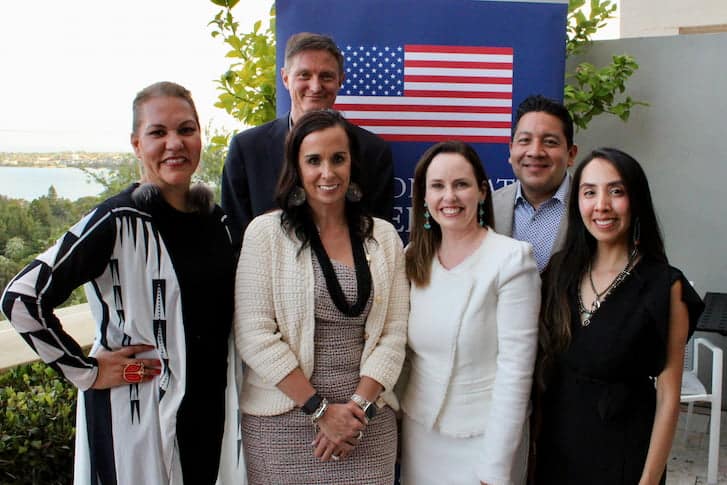Buying a daffodil on Daffodil Day for the Cancer Council may be a small spend, but it’s the donations to research that ultimately save lives.
The Cancer Council’s latest contribution to a game changer was a $200,000 grant to Edith Cowan University’s researchers, who have developed the world’s first blood test capable of detecting melanoma in its early stages.
The breakthrough, announced in June, was able to detect early stage melanoma in 79 per cent of cases during trials. Trials will continue to validate the findings.
Research does not come cheap with ECU’s Melanoma Research Group also receiving grants of $452,000 and $820,000 from the National Health and Medical Research Council to carry the research and $200,000 from Tour de Cure Australia to progress the research.
Cancer Council WA CEO Ashley Reid said with about 1400 diagnosed cases of melanoma WA and 150 deaths each year, early detection of melanoma would result in a greater chance of successful treatment.
“This exciting breakthrough has the potential to significantly reduce the number of melanoma-related deaths not only in Australia, but around the globe,” he said.
“As the largest charitable funder of cancer research in WA, we fund peer-reviewed world-class research projects with the most potential to have a real impact in the community.
“Supporting and retaining world-class researchers here in WA has an important flow on effect. A strong research community inspires future generations to take up cancer research careers and in turn provides more opportunities for WA cancer patients, such as clinical trials.”
Reid said an estimated 61,000 lives in Australia had been saved in the last 20 years because of research.
“But with 350 Australians still diagnosed with cancer every day, there’s still more we need to do.”
Lead ECU researcher PhD candidate Pauline Zaenker said identifying melanoma early was the best way to prevent deaths from the disease.
“Patients who have their melanoma detected in its early stage have a five-year survival rate between 90 and 99 per cent, whereas if it is not caught early and it spreads around the body, the five-year survival rate drops to less than 50 per cent,” she said.
“This is what makes this blood test so exciting as a potential screening tool because it can pick up melanoma in its very early stages when it is still treatable.”
CCI is a supporter of the Cancer Council through its staff charity initiative. Cancer Council and ECU are CCI Members.
► Daffodil Day is August 24, with all proceeds going to cancer research, education programs and support services that help more than 32,700 West Australians each year. Donate at www.daffodilday.com.au.












